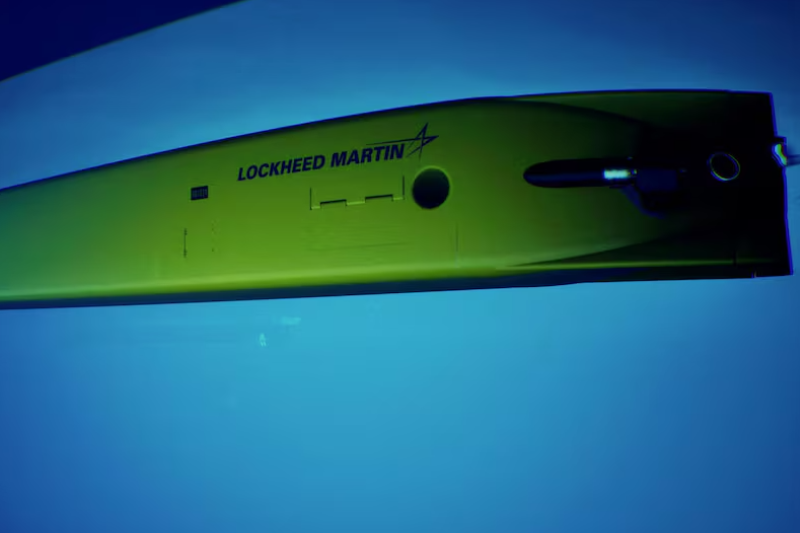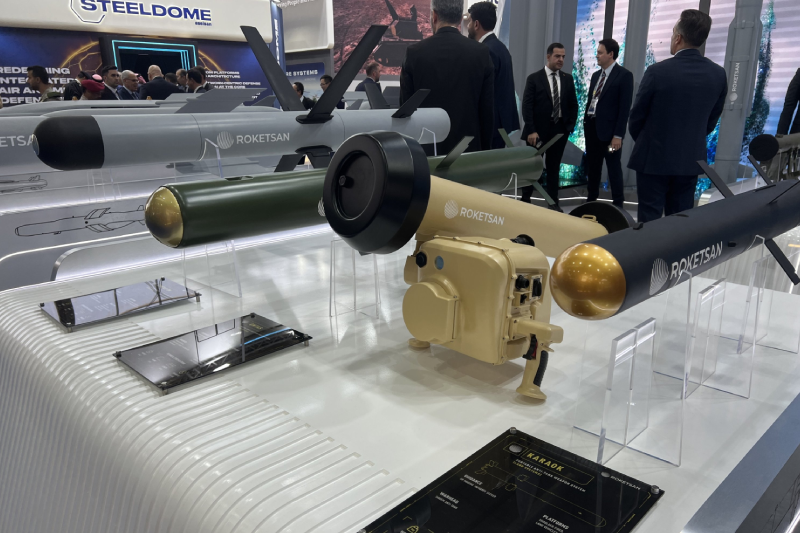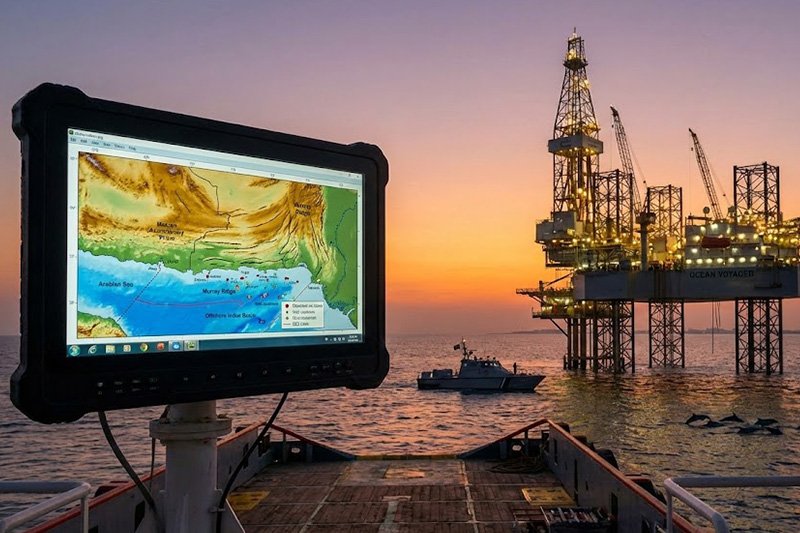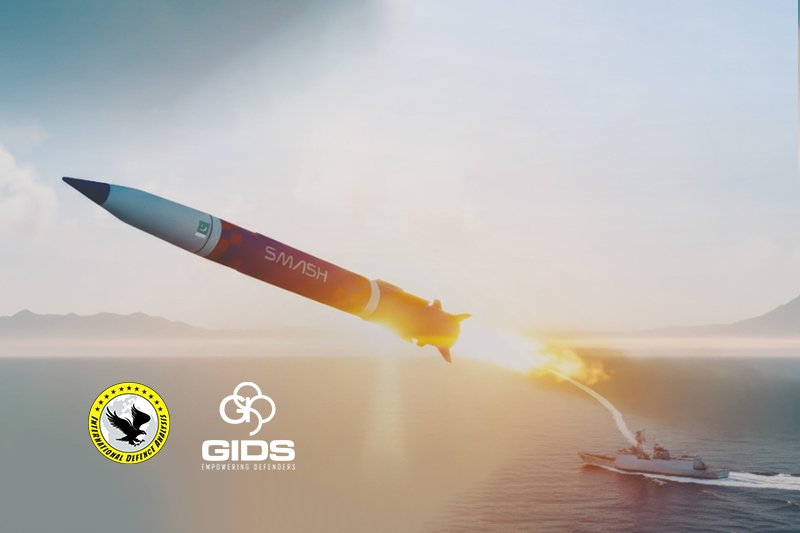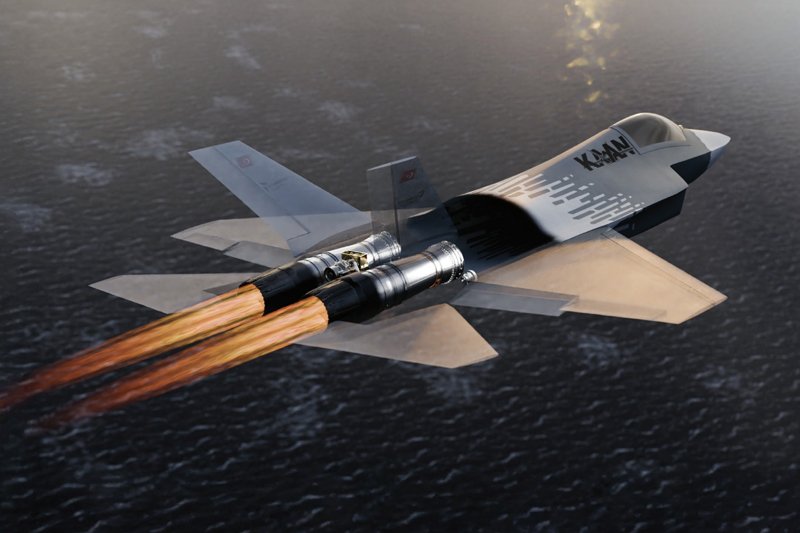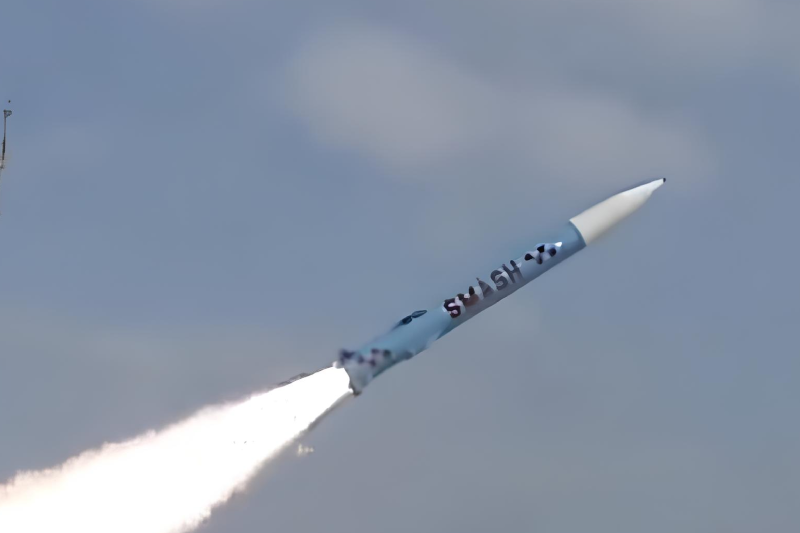Pakistan Navy Achieves Milestone with Anti-Ship Ballistic Missile Test
Pakistan Navy conducted a successful test flight of a domestically developed ship-launched anti-ship ballistic missile, marking a significant milestone in the nation’s naval strike capabilities. The Pakistan Navy conducted a successful test flight of the SMASH system (internally designated P282), demonstrating advanced guidance technology and maneuverability features that substantially enhance Pakistan’s maritime power projection and area denial capabilities in the strategically vital Indian Ocean region.
The weapon system demonstrates versatility by engaging both sea-based and ground targets with high precision, providing Pakistan Navy with flexible response options across multiple operational scenarios. This dual-domain capability allows naval commanders to threaten enemy warships while simultaneously holding coastal installations, port facilities, and land-based military infrastructure at risk from maritime platforms.
The missile incorporates state-of-the-art guidance systems enabling sophisticated navigation adjustments during flight. The platform’s advanced maneuverability features allow mid-course corrections in direction and speed, making it highly adaptable to dynamic tactical situations and significantly more difficult for enemy air defense systems to intercept compared to conventional cruise missiles following predictable flight profiles.
The Chief of Naval Staff attended the test flight alongside senior scientists and engineers involved in the weapon system’s development. This high-level presence underscores the strategic importance Pakistan assigns to indigenous defense technology development, particularly capabilities enhancing naval deterrence against regional adversaries possessing superior conventional naval forces.
Pakistan’s President, Prime Minister, Chairman Joint Chiefs of Staff Committee, and all Services Chiefs congratulated participating units and scientific personnel on this milestone achievement. This broad governmental recognition reflects consensus regarding the weapon system’s significance for national security, representing technological advancement that strengthens Pakistan’s strategic posture without dependence on foreign suppliers.
The SMASH missile features a range exceeding 350 kilometers, substantially expanding Pakistan Navy’s offensive and defensive reach throughout the Arabian Sea and northern Indian Ocean. This extended range allows Pakistani naval vessels to threaten adversary warships and coastal targets while remaining beyond the engagement envelope of many enemy anti-ship weapons and land-based coastal defense systems.
The system significantly boosts Pakistan’s Anti-Access/Area Denial (A2/AD) capabilities, complicating operational planning for potential adversaries seeking to project power into Pakistani territorial waters or nearby sea lanes. By holding enemy surface combatants at risk from extended ranges, the SMASH missile creates exclusion zones that adversary naval forces must penetrate at considerable cost and risk.
The missile’s sophisticated navigation technology represents a critical technological achievement, enabling real-time flight path adjustments that enhance targeting accuracy while reducing vulnerability to electronic countermeasures. This capability suggests integration of advanced inertial navigation systems potentially supplemented by satellite guidance or terminal active radar homing for precision engagement.
While limited open-source information constrains comprehensive assessment, the missile’s range and warhead capabilities clearly represent critical advancement strengthening strategic balance throughout the Indian Ocean region. This development directly impacts India-Pakistan maritime dynamics, providing Islamabad with credible naval deterrence despite India’s numerical and qualitative advantages in traditional surface combatants.
The successful test demonstrates Pakistan’s growing technological prowess in developing sophisticated weapon systems domestically rather than relying exclusively on foreign procurement. Indigenous development provides operational security advantages by eliminating external dependencies that could constrain employment during crises, while building national expertise supporting future advanced weapons programs.
The ship-launched configuration provides tactical flexibility by enabling deployment across Pakistan’s surface fleet rather than restricting the capability to fixed coastal batteries. Mobile maritime platforms complicate adversary targeting while allowing Pakistan Navy to position strike assets optimally based on evolving operational requirements throughout the Arabian Sea.
Although specific warhead specifications remain undisclosed, the system’s designation as an anti-ship ballistic missile suggests substantial explosive payload optimized for engaging large surface combatants. The combination of kinetic energy from high-speed terminal approach and significant warhead effects would prove devastating against even heavily-armored capital ships lacking robust ballistic missile defense capabilities.
The SMASH missile’s development occurs within intensifying regional maritime competition, particularly India-Pakistan naval rivalry and broader great power competition throughout the Indian Ocean. China’s expanding naval presence, India’s aircraft carrier ambitions, and American Seventh Fleet operations create complex maritime environment where enhanced Pakistani A2/AD capabilities significantly impact strategic calculations.
Also read this: Pakistan Unveils Z-10ME-II Power in Live Fire Exercise
This successful test likely represents initial operational capability rather than final system maturity, with subsequent development phases potentially incorporating enhanced range, improved guidance accuracy, and integration aboard additional naval platforms. Pakistan may pursue follow-on variants with extended ranges threatening targets throughout the Indian Ocean, further complicating adversary naval operations.
While primarily developed for Pakistan Navy requirements, the SMASH system could attract interest from other nations seeking affordable, capable anti-ship ballistic missiles without accessing Chinese DF-21D/DF-26 systems or developing indigenous alternatives. Pakistan’s growing defense export portfolio suggests potential international marketing once the system achieves full operational maturity and production scale.
Keep connected with us at Facebook, Twitter, YouTube, Instagram & TikTok for latest defense happening around the globe.
Discover more from International Defence Analysis
Subscribe to get the latest posts sent to your email.



